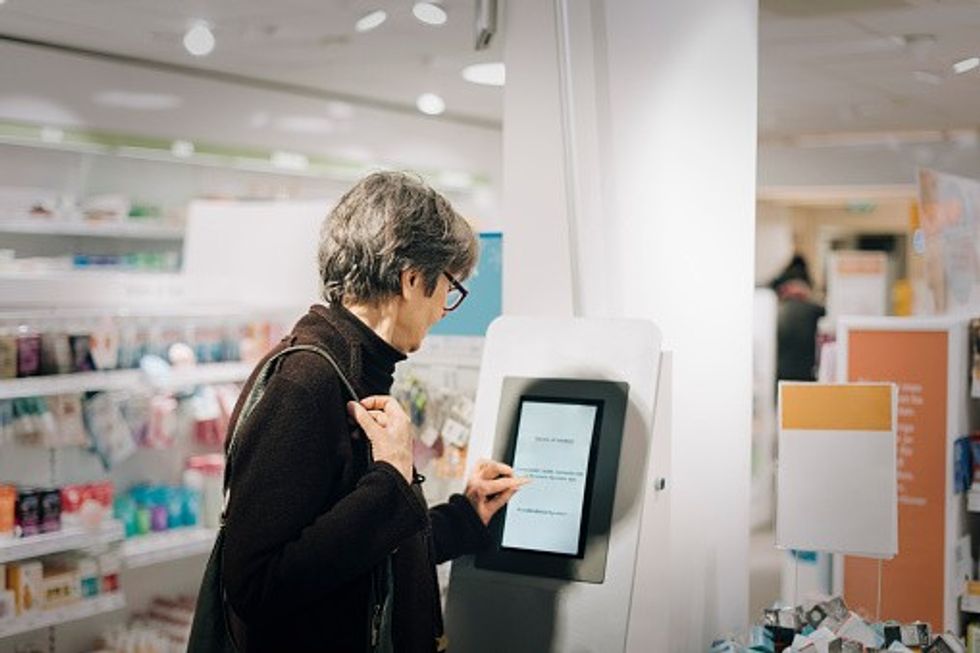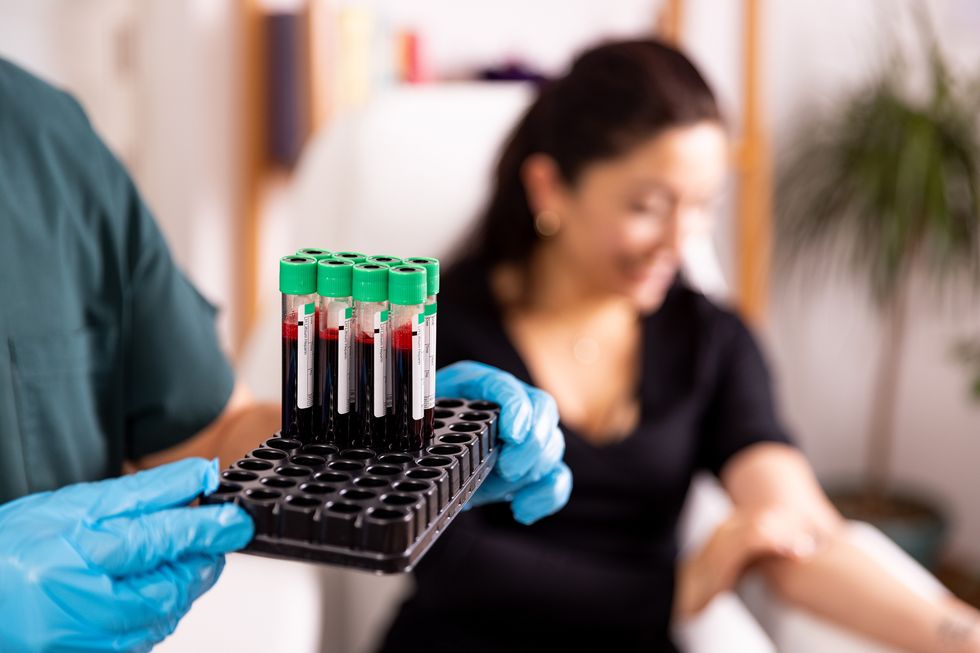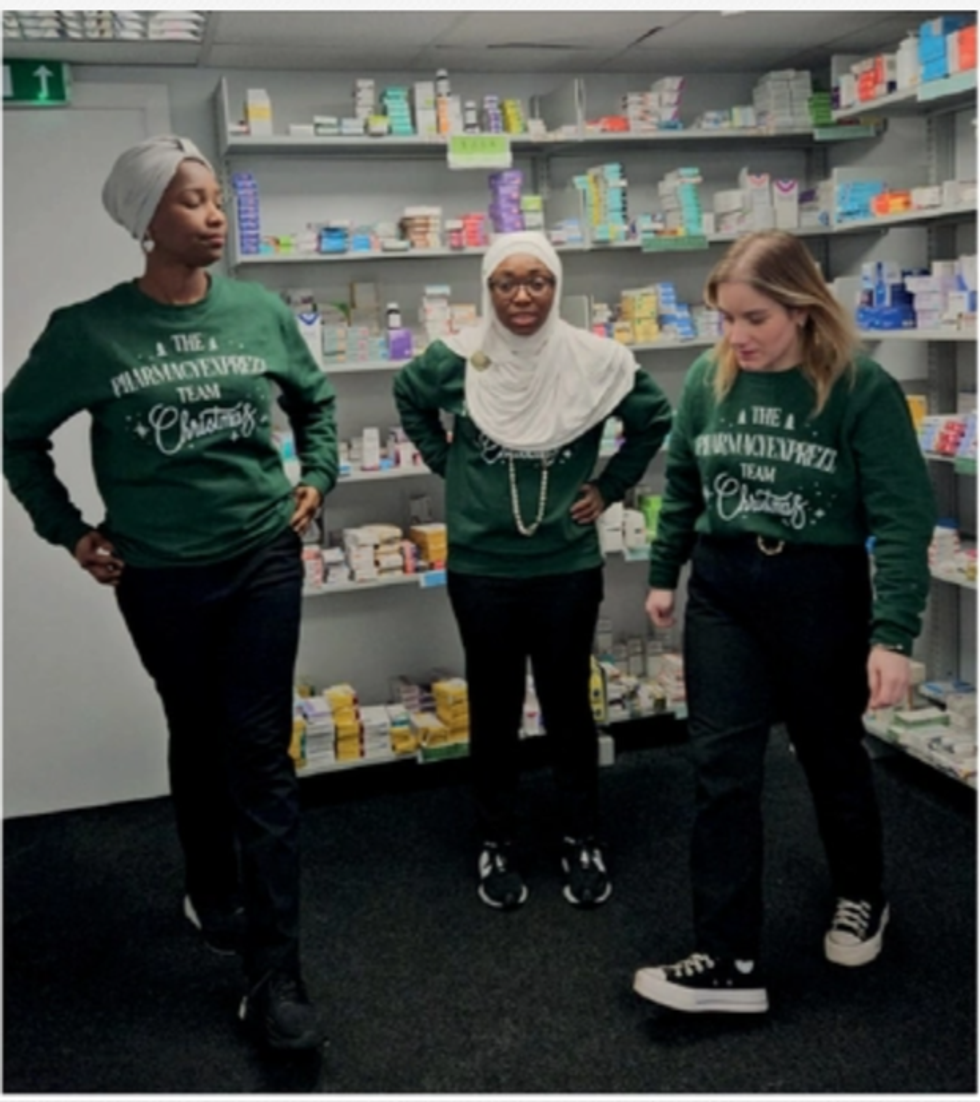Max Wiseberg shares practical hay fever tips and guidance and lists down a wide range of hay fever products, both natural and pharmaceutical, that pharmacies can offer…
Hay fever (seasonal allergic rhinitis) is an allergic reaction to pollen and other airborne allergens, e.g. fungal spores. Most hay fever sufferers are allergic to grass pollen (around 95 per cent) and many are allergic to tree pollen (about 25 per cent).
Hay fever is the most common allergy; latest estimates put the figure at almost half of the UK population, and it’s more common in younger people.
Hay fever is a result of our immune system’s overreaction to innocuous antigens such as pollen. These antigens stimulate the bodies’ mast cells, which then break or degranulate, releasing mediators that include histamines. These mediators can cause the unpleasant symptoms of hay fever.
Symptoms
Common hay fever symptoms include sneezing, runny nose, itchy and watery or streaming eyes, nasal congestion and a general stuffed up feeling in the nose and throat. Some people experience itching around the face and mouth including roof of mouth, and a
burning sensation in the throat.
Headaches and wheezing can also occur. Symptoms may also include an overall achy feeling, or build-up of pressure in the entire face area. The sinus area is often the most painful. Constant nose rubbing and blowing can also leave sufferers with skin irritation and sensitivity.
All of this can lead to tiredness, fatigue and exhaustion. Hay fever can also cause sleep disturbance and difficulty getting to sleep. These symptoms can in turn zap energy
levels leaving the sufferer feeling low and sluggish. Chronic hay fever sufferers may experience more severe or prolonged symptoms.
Pollen calendar
The following pollen calendar may help customers to understand about the different pollens at various times of the year and what triggers their hay fever. Community pharmacies can offer a wide range of hay fever products, both natural and pharmaceutical. But first, here’s
an idea to help the customer and to increase sales.
First aid kit
Help customers create their own hay fever first aid kit – one or more natural product, one antihistamine, one nasal spray and eye drops. The interesting thing about this is that many of these remedies can be complementary to each other. So if one helps, but doesn’t do the whole job, using others at the same time may get a better result.
However, never take two antihistamines together, never take two steroid nasal sprays together, and suggest customers consult with you or their doctor if they are already taking any other medication. This option of course makes a great opportunity to cross-sell.
Natural products
Natural products include organic, drug free allergen barrier balms. Applied to the nostrils and bones of the eyes in the morning and throughout the day, to help trap pollen particles before they enter the body where they can cause symptoms.
Less pollen, less reaction. Allergen barrier balms have been recognised professionally and were recently included in Guidelines (Summarising clinical guidelines for primary care) in a recent article on allergic rhinitis: ‘Allergen barrier balms that are applied around the nostrils may reduce the amount of pollen entering the airways and may reduce symptoms’.
Natural eye drops contain the herb Euphrasia (more commonly known as Eyebright) which relieves inflammation and swelling and is thought to provide helpful allergy relief. Butterbur is a herbal extract believed to have an antihistamine like effect on hay fever symptoms; available in capsules.
Quercetin is thought to limit the release of histamine. As well as being found naturally in many foods, it can be taken in capsule form. Turmeric, commonly used in Middle Eastern and Asian cuisine, is a spice containing curcumin, which has been found to have anti-allergy properties; available in tablet and capsule form.
Supplements such as immune support immune boosting wellness formulas. Hay fever Band – sits at the elbow and gently exerts pressure on the Li-11 acupuncture point via a small button and can be worn once symptoms begin. Pharmaceutical Antihistamines are a very
common hay fever remedy. The body’s reaction to the allergen is to produce too many histamines.
Antihistamines do exactly what it says on the box; they anti the histamine. However, histamines help keep us alert, attentive and awake, which is why antihistamines can cause drowsiness. There are different types of antihistamines so if one doesn’t work, suggest another with a different active ingredient. Best taken at least one month before the hay fever season, though lots of people never know exactly when that will be!
Nasal sprays target congestion and stuffiness, as well as other symptoms, as they are targeted directly at the main entrance for allergens to the body. Steroid nasal sprays work by fighting inflammation and mucus production, reducing the allergic reaction of the nasal tissues.
Another benefit is that very little of the active ingredients gets any further than the nose, reducing the chance of side effects. Again, if one doesn’t work, another may work better.
Eye drops work in one of three ways to reduce the allergic reaction to pollen. Some stop the histamine release, some are anti-inflammatory and others block the inflammation caused by histamine. They can bring relief to itchy eyes and help stop watery or streaming eyes.
(Max Wiseberg is an airborne allergens expert and creator of HayMax.)








 A woman using kiosk at pharmacy store gettyimages
A woman using kiosk at pharmacy store gettyimages  Pharmacist examining commissioning machine in pharmacy gettyimages
Pharmacist examining commissioning machine in pharmacy gettyimages 







 Pharmacyexprezz offers blood tests, travel vaccinations, earwax removal, cryotherapy and more.
Pharmacyexprezz offers blood tests, travel vaccinations, earwax removal, cryotherapy and more. The team at Pharmacyexprezz continues to grow
The team at Pharmacyexprezz continues to grow

 In 2023, Easter Pharmacy was expanded into the shop next door to create a dedicated dispensary.
In 2023, Easter Pharmacy was expanded into the shop next door to create a dedicated dispensary.  Easter Pharmacy has four consultation rooms, offering a range of NHS and private services
Easter Pharmacy has four consultation rooms, offering a range of NHS and private services